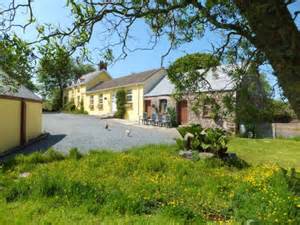A decision of the Upper Tribunal (Lands Chamber) which reduces the rating assessment of self-catering holiday homes at Walwyn’s Castle has important implications for properties that are valued for rating purposes on a “Receipts and Expenditure” basis – that is to say using accounts as the basis of valuation.
The Tribunal’s decision in Redrose Limited v Thomas (VO) (2014 UKUT 0311 LC) might appear of limited interest as the rateable value under appeal was £11,750; but the decision could have important implications for other properties that are valued for rating purposes by reference to their accounts, which includes many types of licenced and leisure properties.
In its decision the Tribunal has increased the share of net profit allowable as “tenant’s share” from the normal figure of 50% to a figure of 75%, to reflect what the Tribunal referred to as the “exceptional workload” of the operators of the business and the relatively modest income available from it.
This decision is a helpful and timely reminder to valuers of the need to reflect individual circumstances when valuing using a receipts and expenditure approach and to avoid simply using a formulaic approach or adopting a particular percentage as a matter of course. It may cause valuers to look again at valuations carried out on this basis in cases where the operator’s input to the business is a substantial one and where the net income is low in relation to that input.

